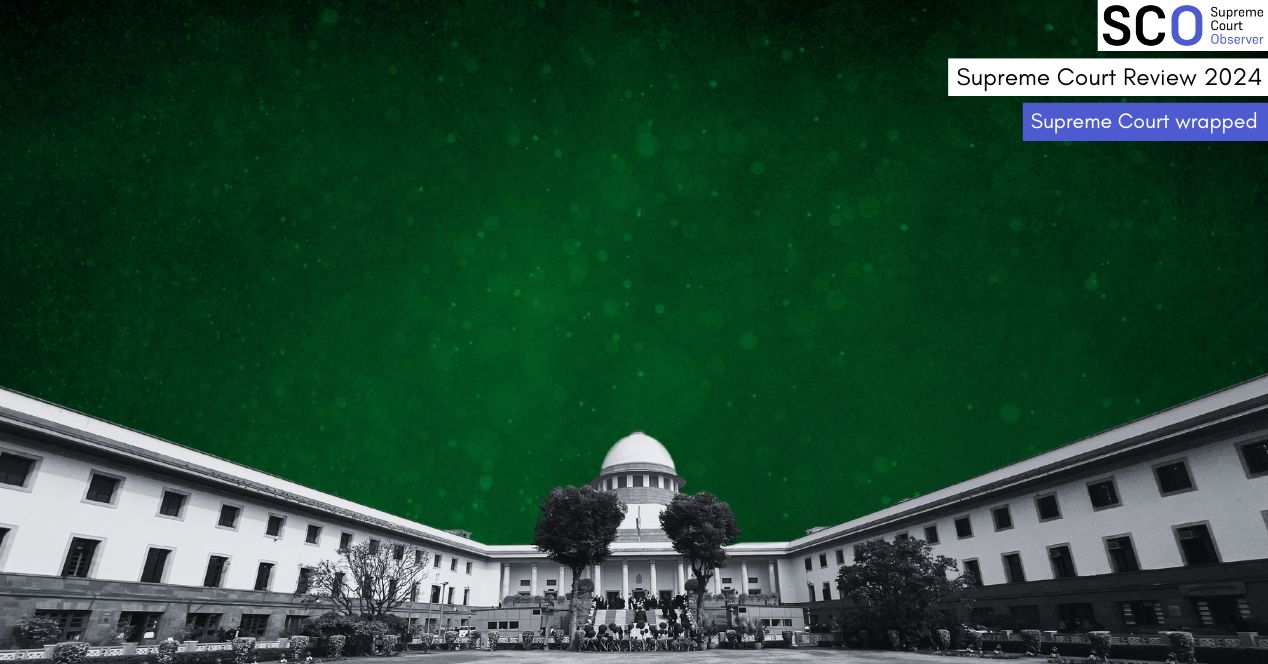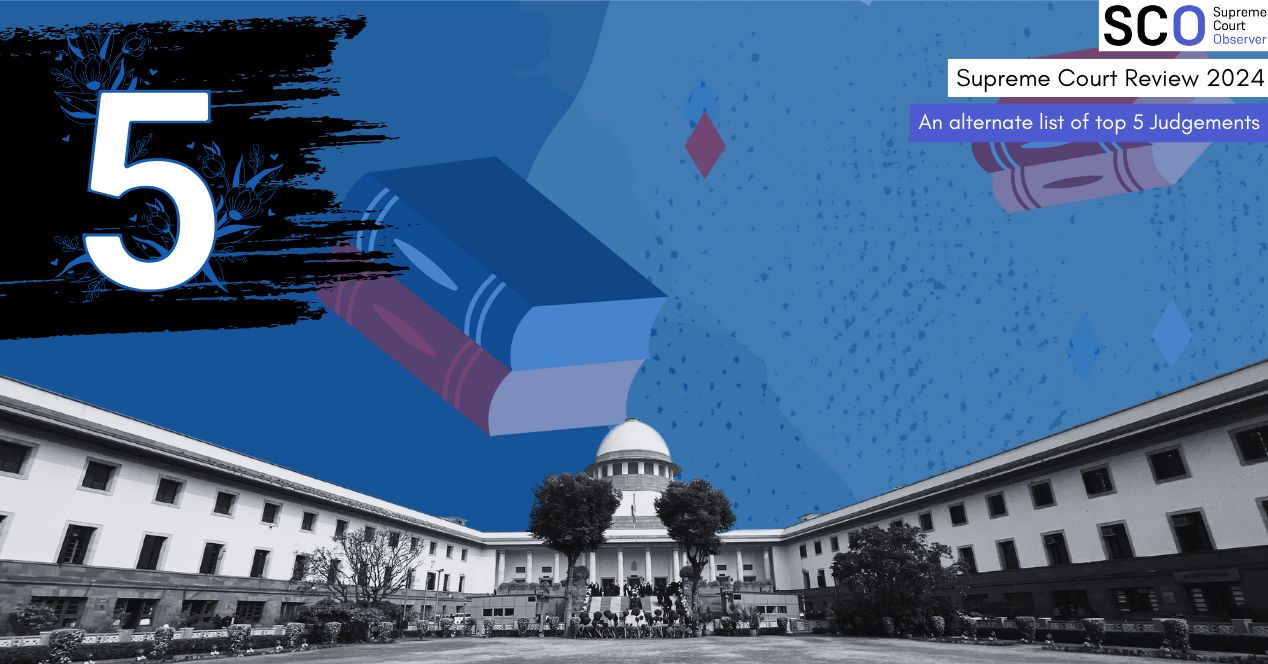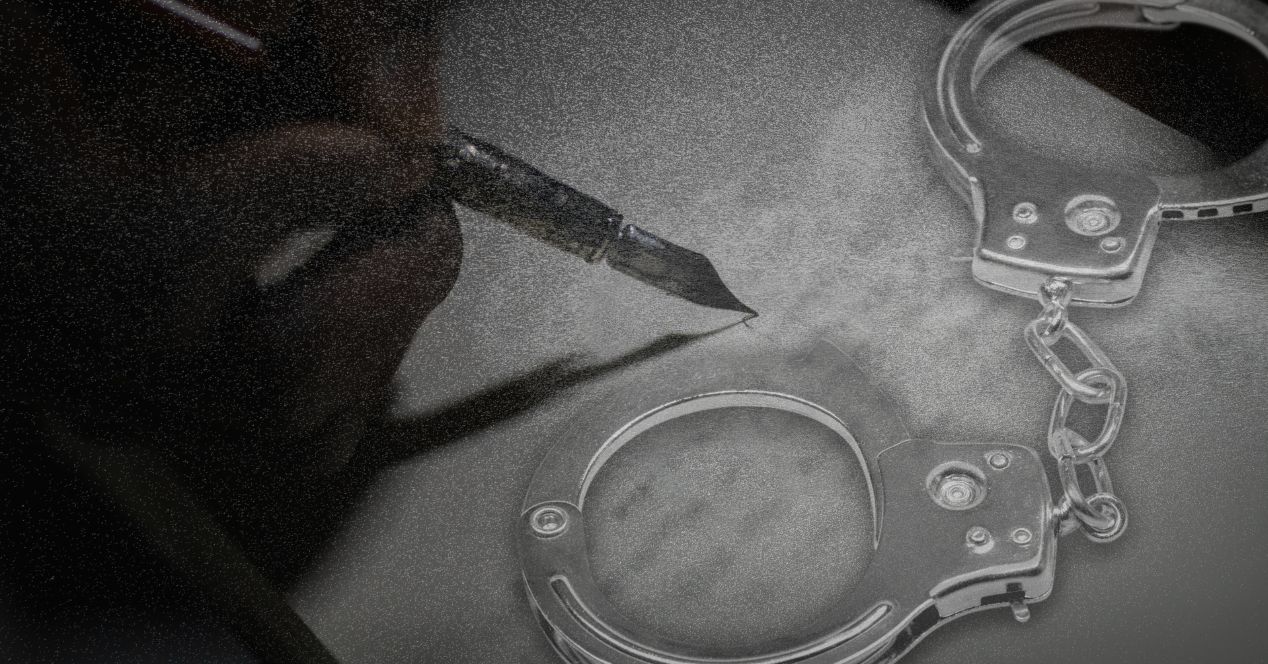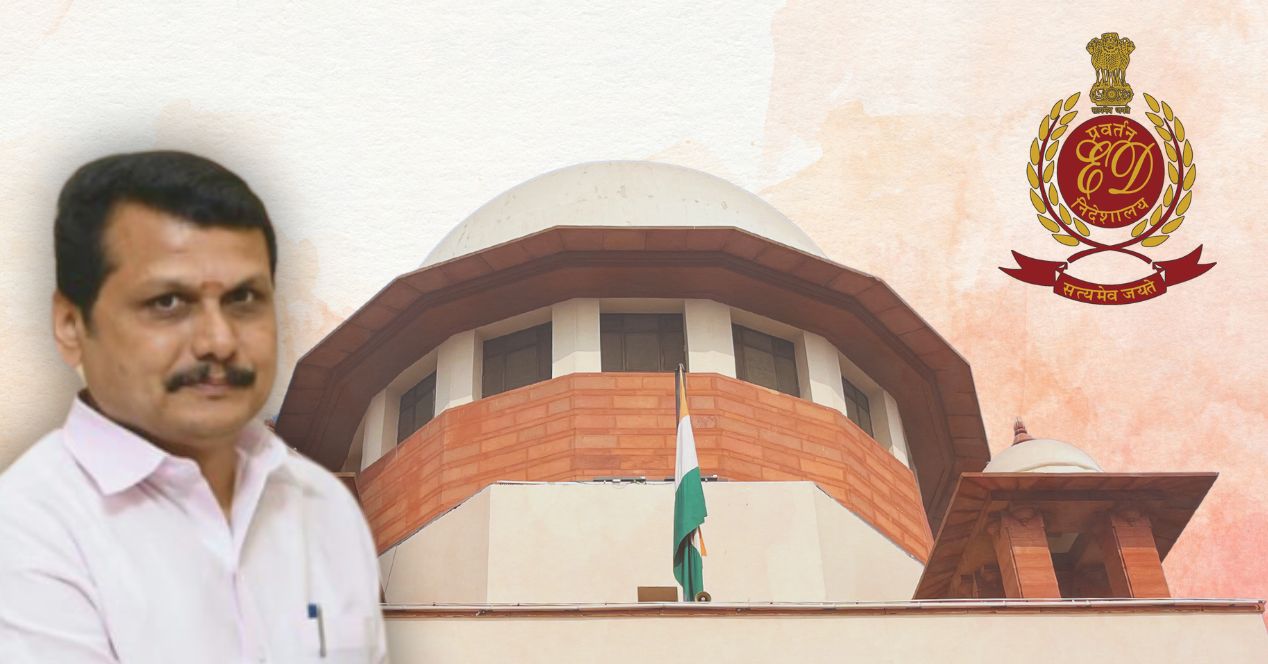Analysis
The Supreme Court in 2025
2025 will be a pivotal year for the top court with leadership changes, key retirements and several high-profile cases pending on its docket
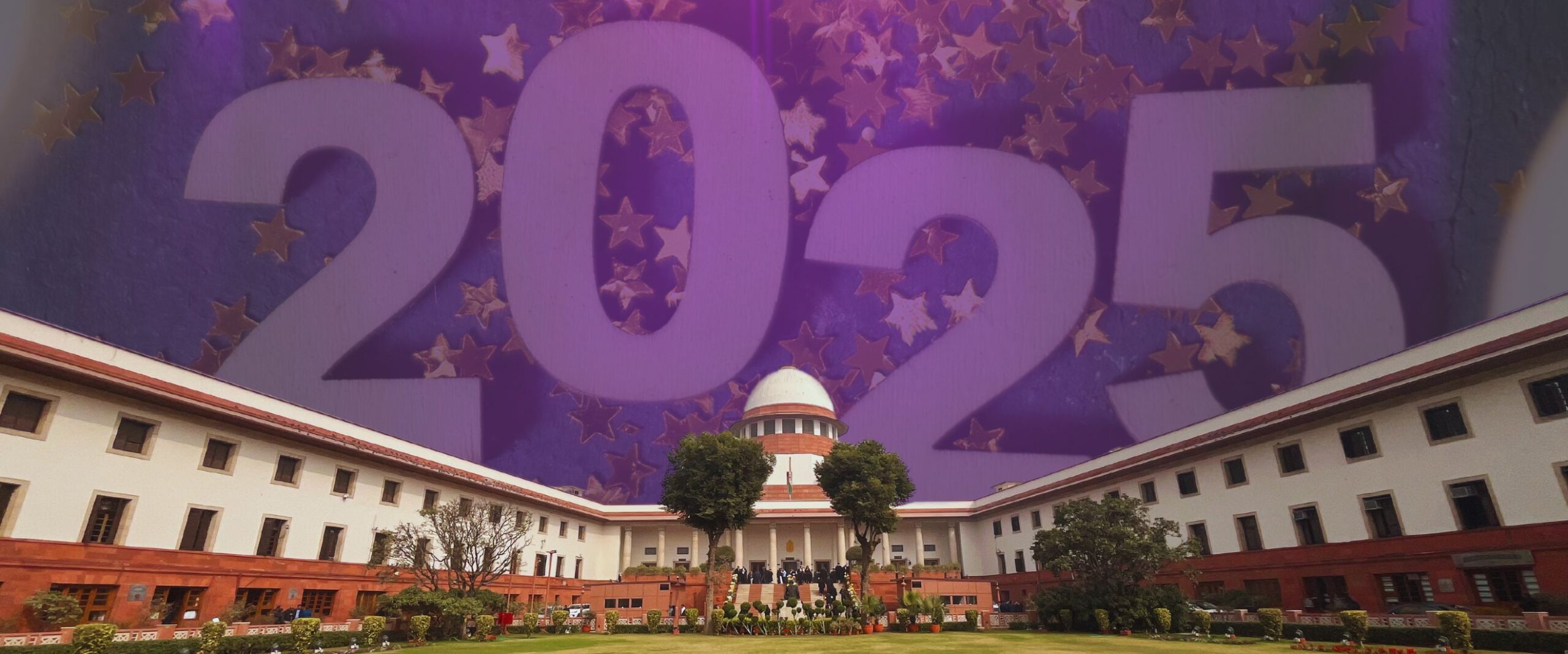
The Supreme Court reopened on 2 January 2025, starting a fresh chapter in its history. The dust surrounding former Chief Justice D.Y. Chandrachud’s retirement has settled and the spotlight is on CJI Sanjiv Khanna who assumed office on 11 November last year.
In almost two months of his tenure so far, CJI Khanna appears to be making slow but strong interventions. He temporarily stayed the surveys of masjids and dargahs, marking a sharp shift from his predecessor. In a bid to reduce the pendency of cases, he altogether paused regular hearings for the last 45 days of 2024. The result: the disposal rate increased by 16 percent in November alone.
2025 will be a testing year for the Supreme Court. Regular hearings will likely resume next week and the first challenge will be to maintain its momentum in reducing pendency. 2024 proved to be a great year for tackling pendency, even though absolute numbers show that 82,972 cases remain. Will the incumbent Chief be able to maintain this momentum?
We also expect leadership changes this year. If the seniority convention is followed, CJI Khanna will be succeeded by Justice B.R. Gavai in May and Justice Surya Kant will take over in November. That’s three Chief Justices within a single year. This happened last in 2017 when CJIs T.S. Thakur, J.S. Khehar and Dipak Misra helmed the Court one after another. The rapid transitions raise apprehensions about institutional stability. Administrative efficiency, particularly on matters concerning the listing of cases, will hinge on the three Chiefs’ ability to concur on the Court’s long-term institutional goals.
The year will also see seven retirements starting with Justice C.T. Ravikumar’s tomorrow. These vacancies will give the Collegium an opportunity to confront the diversity issue at the Court. Currently, the bench has only one Muslim and Christian judge. With Justice Bela Trivedi’s retirement in June, Justice B.V. Nagarathna will be the only woman judge in the Court.
On the docket for the Khanna, Gavai and Kant courts are some controversial cases which will test their willingness to engage with complex issues. On 17 February 2025, the Court is scheduled to hear the challenge to the Places of Worship Act (PoW). Here the Court will have to confront the PoW Act’s history, knowing that its enforcement, striking down or dilution will likely set alight a tinderbox in India’s political milieu.
The R.G. Kar rape and murder case, now monitored by the Khanna Court will be heard in March. With the parents of the deceased doctor having expressed a lack of confidence in the Central Bureau of Investigation’s probe, the Court will have to consider the demand for an independent monitoring committee.
The scope of the Court’s intervention in the Delhi pollution matter will likely expand after Justice A.S. Oka expressed his intent to monitor air quality in cities across India and not just the NCR. From this month, the Court may start hearing a suo motu case addressing caste, gender and disability-based discrimination in Indian prisons—an offspring of the Sukanya Shantha judgement which prohibited caste-based discrimination inside prisons. On 20 January, the Court is scheduled to hear arguments on whether gig workers can be considered “unorganised workers” and avail social security benefits.
31 Constitution Bench matters are pending before the Court. In one case, a nine-judge bench will have to reconsider the historic Bangalore Water Supply (1978) decision, which had expanded the definition of ‘industries’ broadening the applicability of labour laws. The case concerning the constitutionality of sedition remains pending before a five-judge bench.
In 2024 we had noticed that cases such as the marital rape exception and criminalisation of triple talaq had been frequently listed but never heard. We await regular hearings to see if CJI Khanna will pick up these critical issues.
The judiciary’s role in addressing contentious political issues will also come under scrutiny this year. The bill pushing to amend the Constitution for One Nation, One Election is in limbo, while Uttarakhand is set to enforce its Uniform Civil Code this month. With an ambitious executive likely to push its policy agenda, the Court’s role as the guardian of democracy will be more critical than ever.
This article was first featured in SCO’s Weekly newsletter. Sign up now!

